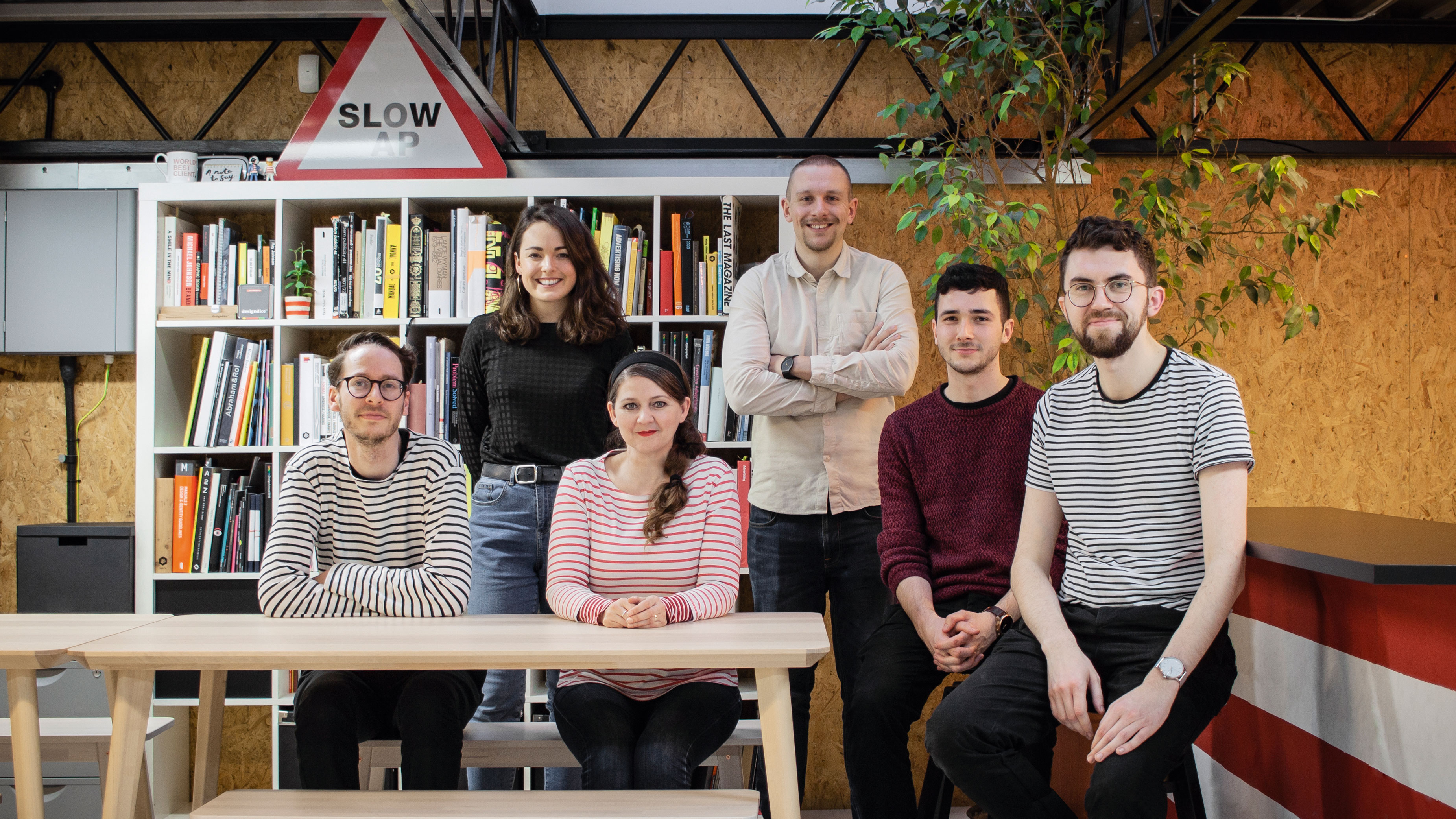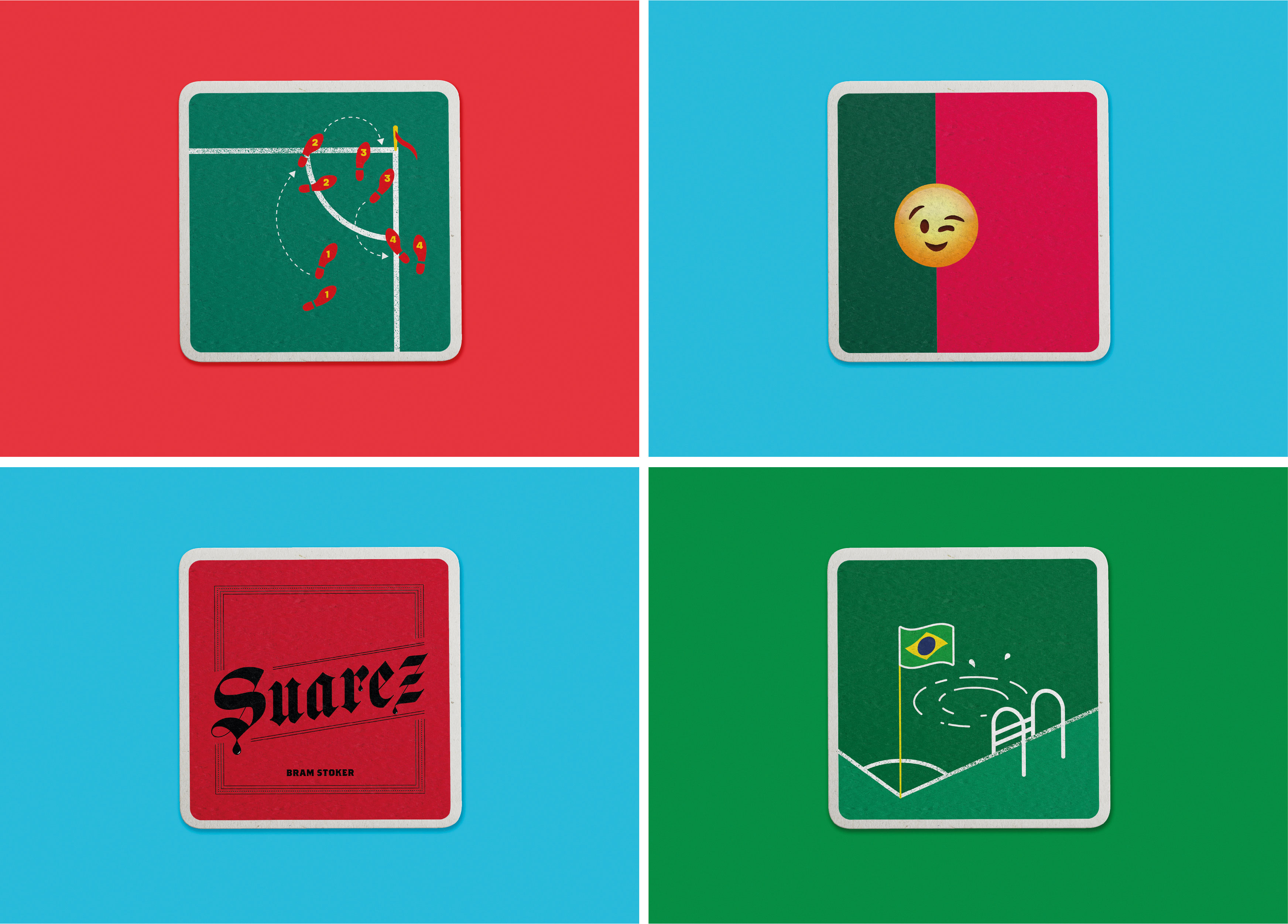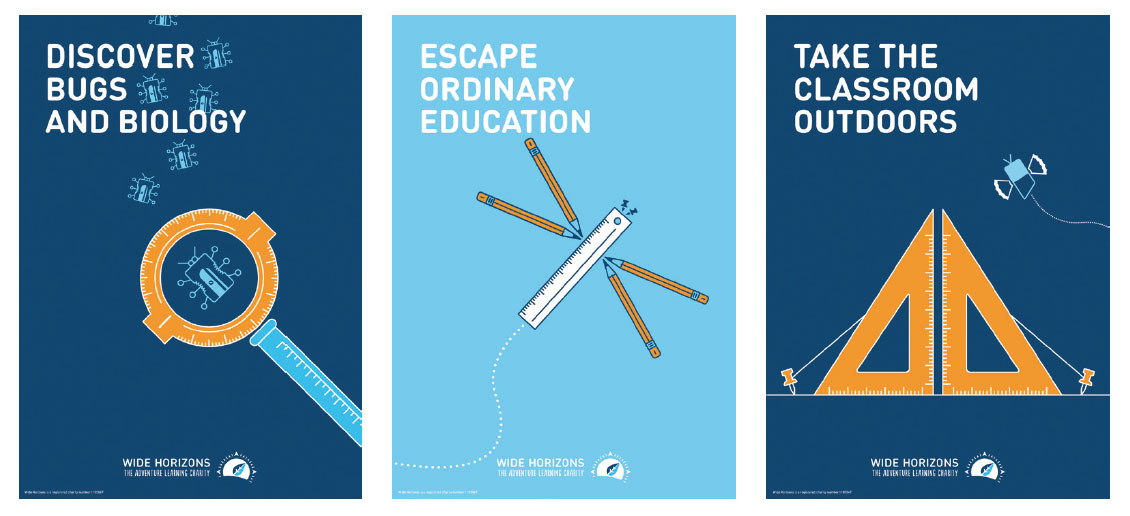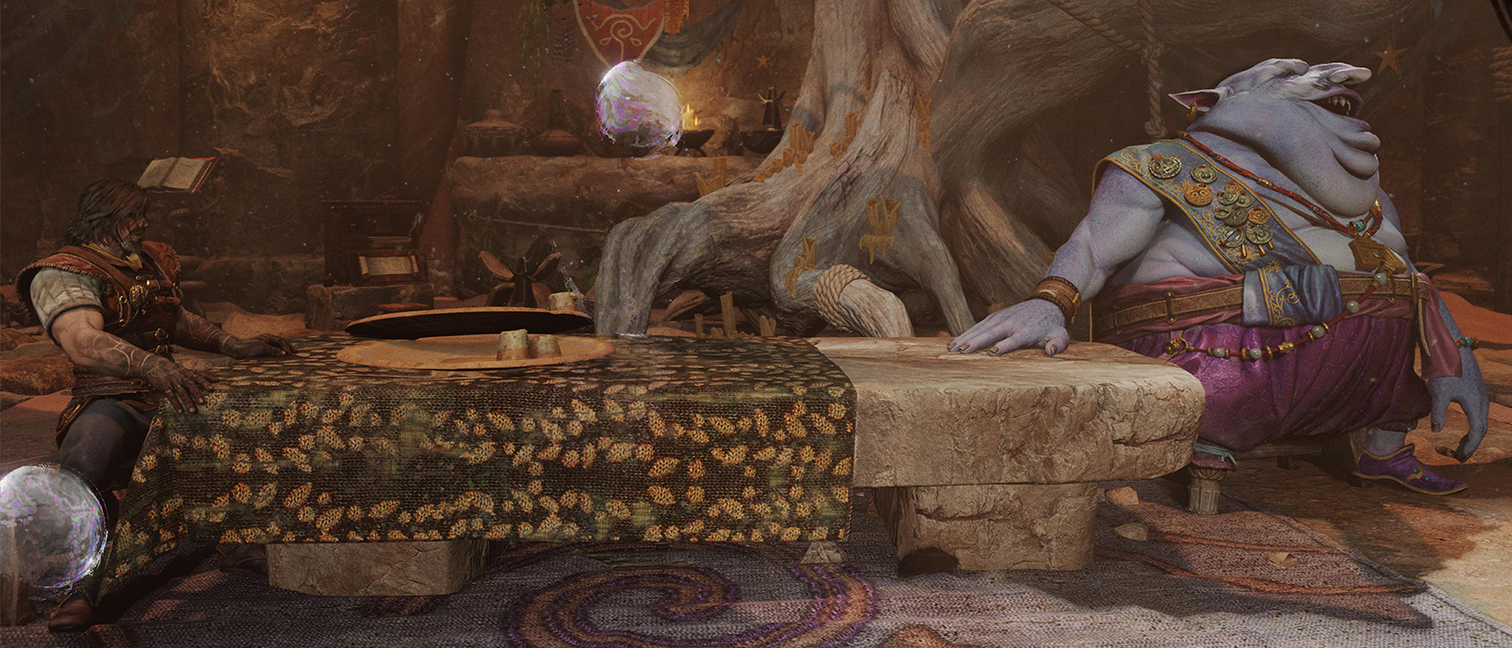How to solve a tricky design brief
Top designers explain their 6 top tips for approaching complex problems.

If anyone knows how to handle a tricky brief, it's the clever designers at Jack Renwick Studio. Known for its distinctive stripes, plain but bold website, and award-winning projects, the studio boasts a list of impressive clients, and equally impressive work.
And while its team makes the work look easy, the designers wrestle with tricky briefs like the rest of us. We've already seen how other creators have turned their ideas into experimental design, but how do Jack Renwick take bizarre or even mundane briefs and transform them into eye-catching pieces?
To find out, we caught up with two designers from Jack Renwick Studio, Susie McGowan and Ash Watkins, to hear how they approach complex tasks. And hopefully their insights will help you with your next project.
01. Dissect the offer
"Our process always begins with getting to grips with the problem," says designer McGowan. "We dissect the client's offer, their ambitions, their aesthetics – and that of their competitors – once we’re familiar with the world surrounding the client, the insights become easier to spot, and helps clear a path for the interesting directions you can take a project."
02. Ask a lot of questions
You should always ask lots of questions, says McGowan, "even the ones you think you know the answer to. Getting a comprehensive overview of the problem always pays off later in the process."

03. Be aware of your audience
"Try to think like the end user of the project, not a designer," says senior designer Watkins. "If you can always keep this person in your mind, then the solutions you come up with will be far more relevant."
04. Use Post-its
"I like to keep the key words of the brief Post-it-noted to my desk," says Watkins. "Especially in the early stages of a project, it helps to embed my thinking in the brief and stay on track."
Get the Creative Bloq Newsletter
Daily design news, reviews, how-tos and more, as picked by the editors.

05. Test your ideas
Once you’ve got your main idea, it’s important that it’s simple enough to communicate easily, says McGowan. "Can the idea be explained over the phone? And if a proposed concept can work as a sketch on a Post-it, you know you’re on to a winner."
06. Go outside
When all else fails and you’re really stuck, "press the ejector seat," says Watkins. "Walk around the room, leave the room, get some fresh air, reset your mind and see what clicks into place."
McGowan agrees that the answer is often not at your desk. "A visit to an art gallery, a rummage in a junk shop, or simply a half-hour walk around the city can spark original thoughts," she adds.
This article originally appeared as part of a longer feature in issue 291 of Computer Arts, the world's leading design magazine. Buy issue 291 or subscribe here.
Related articles:

Thank you for reading 5 articles this month* Join now for unlimited access
Enjoy your first month for just £1 / $1 / €1
*Read 5 free articles per month without a subscription

Join now for unlimited access
Try first month for just £1 / $1 / €1

Rosie Hilder is Creative Bloq's Deputy Editor. After beginning her career in journalism in Argentina – where she worked as Deputy Editor of Time Out Buenos Aires – she moved back to the UK and joined Future Plc in 2016. Since then, she's worked as Operations Editor on magazines including Computer Arts, 3D World and Paint & Draw and Mac|Life. In 2018, she joined Creative Bloq, where she now assists with the daily management of the site, including growing the site's reach, getting involved in events, such as judging the Brand Impact Awards, and helping make sure our content serves the reader as best it can.
